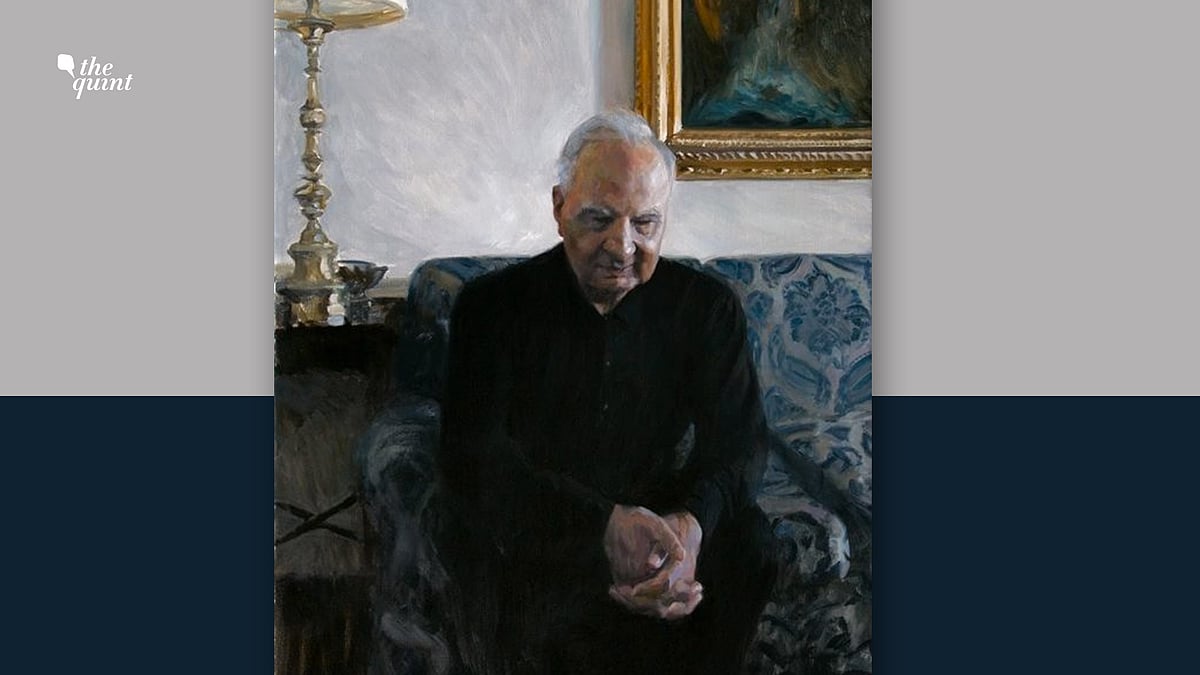Ved Mehta, a Writer Who Didn’t Let His Disability Stop Him, Dies
Mehta was widely considered the 20th century writer responsible for introducing American readers to India.

advertisement
Ved Mehta, a pre-Independent Indian writer who was blind, died at the age of 86 in New York.
“We are extremely sorry to learn about the passing of Ved Mehta. He was a master of the autobiographical genre and a pioneer of Indian writing in English. We will remember him for his keen insight into Indian society and what it means to bridge the gap between the east and the West,” said Meru Gokhale, publisher, Penguin Press, Penguin Random House India, as reported by The Indian Express.
With a remarkable legacy behind him, including being an essayist for The New Yorker, Mehta wrote about himself and his family in a 12-volume intimate autobiography called Continents of Exile.
The volumes focused on the troubled modern history of his native India and his early struggles with blindness.
The other books he wrote were between 1972 and 2004. More than two dozen of these books include volumes of reportage on India. Among them are “Walking the Indian Streets” (1960), “Portrait of India” (1970) and “Mahatma Gandhi and His Apostles” (1977), as well as explorations of philosophy, theology and linguistics, The New York Times wrote.
‘Mehta Introduced American Readers to India’
Mehta went to the US when he was 15 years old and studied at the Arkansas School for the Blind, The New Yorker said. He began to grow and evolve as a writer after studying at the Pomona College and the Oxford University.
Mehta was a student in California when he penned his first book "Fact to Face" in 1957. It was an autobiography of a young man who had overcome blindness, the tumult of partition to evolve a sturdy self-independence. “It was written out of a feeling that I could partly alleviate a life of deprivation by writing about it,” Mehta wrote, according to The Indian Express.
Remembering his time with the magazine, Mehta told The Indian Express in 2009 that “One thing I learnt from The New Yorker was the minute you start thinking about your readers you are lost.”
It was a conversation with his father, that set Mehta to write books. His books were written from a deeply person vantage point, telling a story of a larger India before and after Independence. Writing at a time when, as he recalled, “the image of India was of a leprous beggar crawling along Calcutta streets”, he turned the focus away from the big picture and to personal experiences through his books.